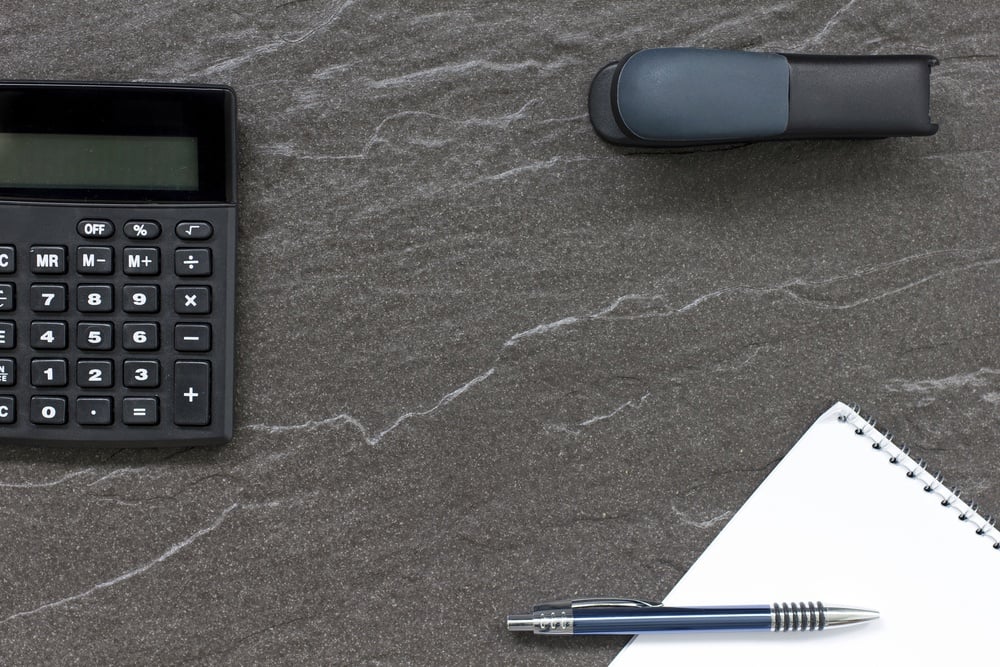What to do first
 When you have a good credit score you tend to qualify for better interest rates on loans. These can range from personal loans to mortgages. While there are financial products available for nearly any credit situation, good credit generally saves you money in the amount of fees and interest you may pay over the life of the loan.
When you have a good credit score you tend to qualify for better interest rates on loans. These can range from personal loans to mortgages. While there are financial products available for nearly any credit situation, good credit generally saves you money in the amount of fees and interest you may pay over the life of the loan.
Taking care of the credit you’ve worked so hard to build is crucial for the health of your finances. Here are some hints for keeping your score healthy:
Pay every bill on time
Automating your finances and creating a budget that works for you are two ways to stay on track with bill paying. Even one late payment on your credit report can drop your score.
Check all your credit reports at least once each year
Monitoring your credit report on a regular basis allows you to check it for accuracy. Each of the three major credit bureaus allows you to get a copy of your credit report once each year at no cost. To check your credit reports, visit www.annualcreditreport.com.
Keep your debt levels under control
While most people have some debt, the amount of debt you have compared to the amount you have available can affect your credit score. This is know as your debt-to-income ratio. According to credit.org, it is recommended to keep this around 36% or lower. Having a higher debt-to-income ratio could also put you in a difficult financial situation if you happened to have a loss of income.
Leave credit card accounts with a zero balance open
The length of time you have had credit can have a positive affect on your score to. If you have a credit card you rarely use, it may be better to keep it open and not use it rather than close the account. If you don’t have to pay an annual fee on the account, leaving it open could help you maintain your good credit.
Try to pay off your credit card balances each month
If you have a $300 balance on a credit card with a $500 credit limit, your credit utilization ratio is 60%. It is recommended to keep this at 30% or lower. This is another reason to leave accounts which you rarely use open, as it will lower your overall credit utilization ratio. Make it a goal to pay off your credit card balances every month.
If you are shopping for a mortgage or car loan, give yourself 30 days
Too many inquiries into your credit can make it look like you plan to accumulate a lot of debt quickly. There is a 30-day grace period during which you can shop around for the best rates without having the high number of inquiries affect your credit score.
Keep your finances organized with a budgeting app
For some people, checking their budget on the go is an effective way to keep financial goals in focus. There are many free, easy to use apps available to remind you when it’s time to pay bills and track spending.
Building good credit takes time and effort. Don’t let missed payments or high balances wreck the progress you’ve made. If you’ve had credit problems in the past, don’t be discouraged. Sticking to a monthly budget that works for you and staying organized are two habits that will help you reach your financial goals.
For more great information on all things credit-related, head to our 'Basics of Credit' reference page.









